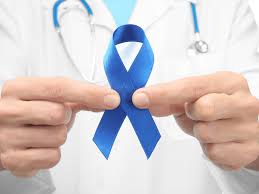
Weight Gain After Age 35 Linked to Increased Breast Cancer Risk, Study Finds
A new study has identified a strong link between weight gain after age 35 and an increased risk of breast cancer, as detailed in a research letter recently published in Cancer Biology & Medicine.
Conducted by researchers from Seoul National University College of Medicine in South Korea, the study highlights the importance of weight management in reducing breast cancer risk, particularly for premenopausal women.
Findings from a Decade-Long Study
Led by Katherine De la Torre, the team tracked 73,192 Korean women aged 40 to 69 over a median follow-up period of 9.2 years. During this time, 790 new cases of breast cancer were reported among 66,870 participants with recorded weight data at age 35.
The analysis revealed that women who gained over 10 kilograms (kg) after the age of 35 had a 41% higher risk of developing breast cancer compared to those with stable weight. Premenopausal women showed even greater vulnerability, with weight gains of 5 to 9.9 kg and 10 kg or more increasing their risk by 89% and 123%, respectively.
The study also observed a dose-response effect, indicating that greater weight gain correlated with higher risk. Women gaining more than 0.75 kg per year after age 35 were found to have a 35% higher risk of breast cancer, independent of menopausal status.
Implications for Prevention
"Our research points to the critical period after age 35 as a potential window for weight management interventions aimed at breast cancer prevention," stated lead author Daehee Kang, M.D., Ph.D., from Seoul National University Hospital.
The findings underscore the importance of maintaining a healthy weight as a key strategy for reducing the likelihood of breast cancer. While the study focused on Korean women, the results contribute to a growing body of evidence suggesting that weight management is a universal factor in breast cancer prevention.
Addressing a Global Challenge
Breast cancer remains one of the most common cancers worldwide, and lifestyle factors such as diet, physical activity, and weight management play significant roles in risk mitigation. This study reinforces the need for targeted public health interventions, particularly for women approaching midlife.
As researchers continue to explore the complex interplay between weight gain and cancer risk, this study serves as a timely reminder of the benefits of adopting healthy habits early in life to reduce the burden of breast cancer later on.